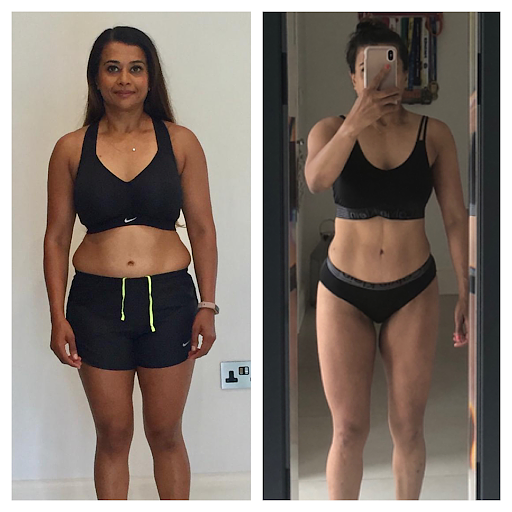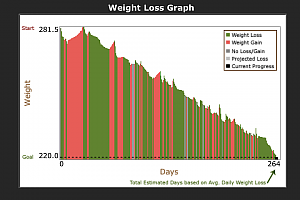Sometimes It Doesn’t Always Tell The Full Story.
1. Time Of The Month
2. Muscle Mass Changes

3. Constipation
- Pumpkin
- Squash
- All vegetables
- Sweet potato/potato (skin on)
- Oats
- Air Popped Popcorn
- Lentils/Beans
- Berries
- Wake up half an hour earlier than usual.
- Consume between 500-750ml of lukewarm water with a pinch of salt and squeeze of a lemon.
- Have a strong black coffee (if tolerance allows)
- Go for a brisk walk
4. Sodium
5. Stress And Cortisol

6. Flights/Shift Work
How To Use The Scale To Your Advantage


.jpg)
.png)
.jpg)